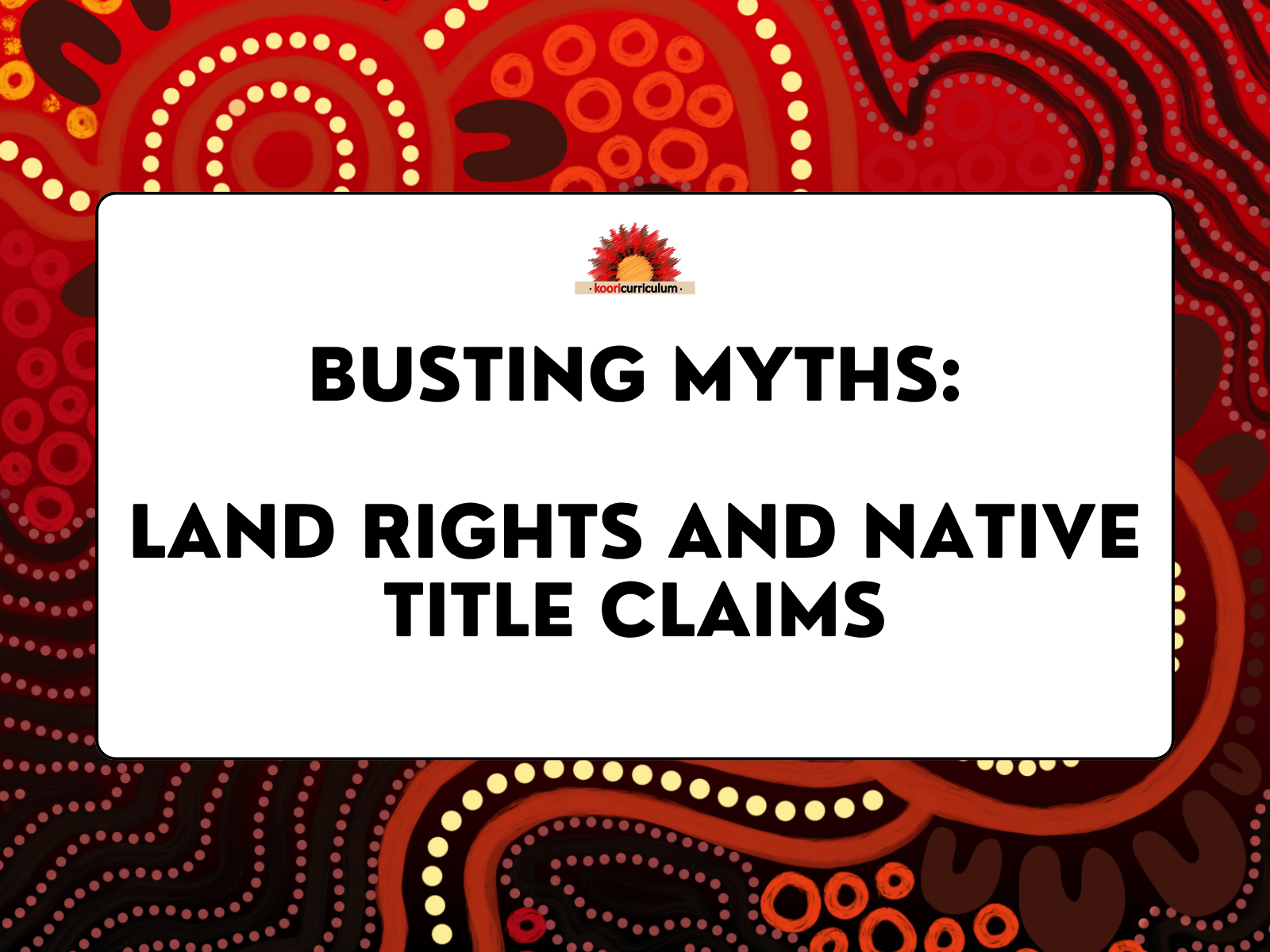Reality: Native title recognises pre-existing rights and interests under traditional laws and customs. It often coexists with other land interests and doesn't affect freehold land. The Native Title Act 1993 specifically protects existing property rights.
Myth #2: "Land rights claims harm economic development."
Reality: Research from the National Indigenous Australians Agency shows native title agreements have generated significant economic opportunities through joint ventures, employment, and sustainable land management practices.
Myth #3: "Anyone can claim native title anywhere."
Reality: The process requires rigorous evidence of continuous connection to Country and traditional laws and customs since before British colonisation. As of 2024, only 16% of Australia's land mass has successful native title determinations.
Myth #4: "Land rights are about taking land from current owners."
Reality: Native title claims cannot affect valid freehold titles or most leases. They typically involve vacant Crown land or pastoral leases where traditional owners maintain connections.
Myth #5: "Once granted, native title gives unlimited control."
Reality: Native title rights vary case by case and often focus on activities like hunting, gathering, and ceremonial practices rather than exclusive possession.
Actionable Steps for Educators:
-
Research your local area's native title status through the National Native Title Tribunal website.
-
Access AIATSIS's educational resources about land rights history.
-
Integrate Indigenous land management principles into your sustainability practice.
-
Watch the 'Walking Together' playschool episode on ABC iView
-
Watch the 'Our Flag Our Story - Story Time' by Deadly Kindies on YouTube
-
Watch the Eddie Mabo documentary on SBS OnDemand
For educators seeking to deepen their understanding, consider joining the Koori Curriculum Club for monthly masterclasses, lesson plans, facts sheets, and professional development webinars.
Together, we can create learning environments that honour First Nations peoples' enduring connection to Country.




